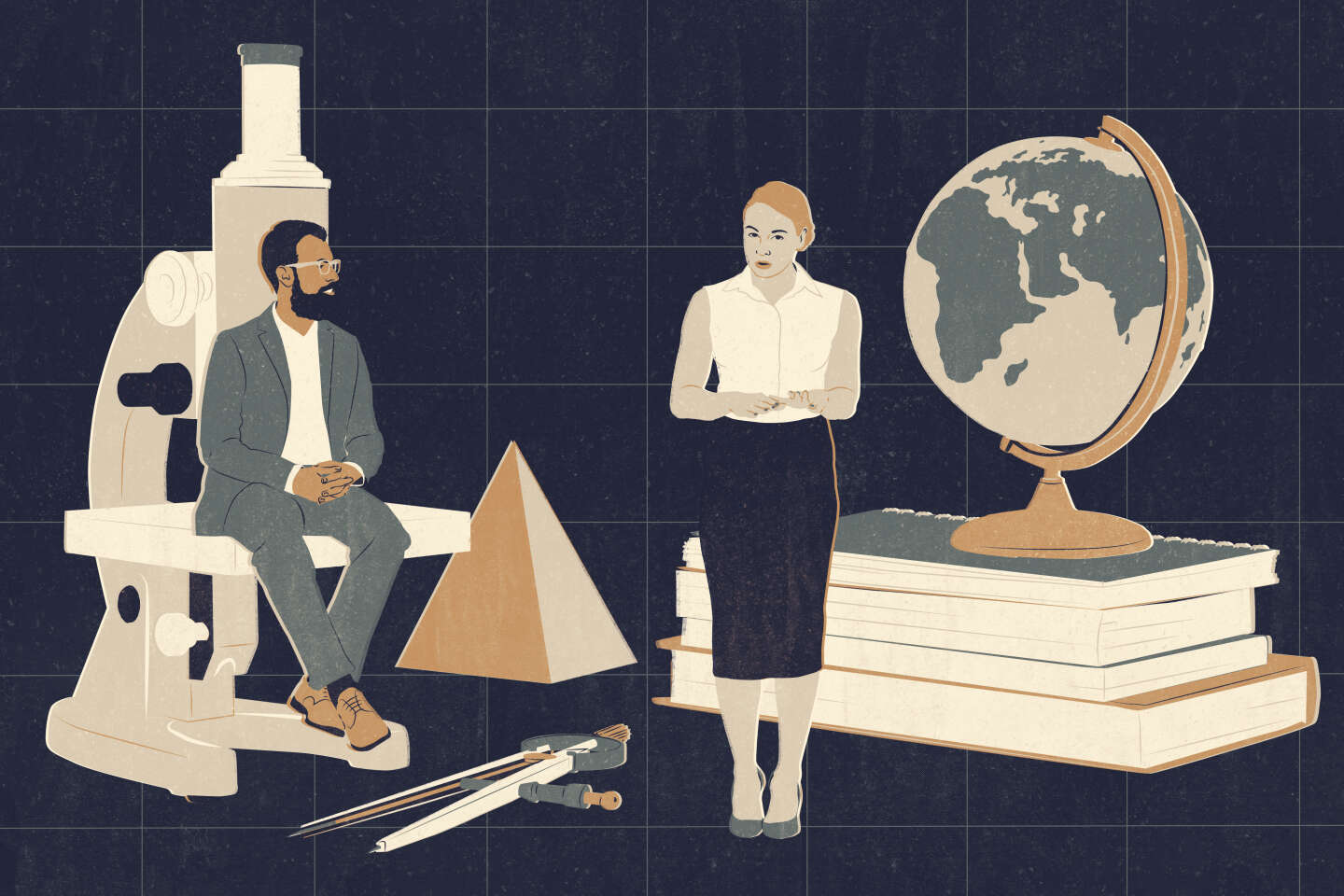


In 2021, after long years of waiting, France finally authorized oocyte freezing, enabling women to preserve their fertility. Oocytes can be frozen and stored for later use. This can enable women, whose fertility decreases from the ages of 38–40, to become pregnant if they freeze their oocytes early, ideally before the age of 35.
Women should not be led to believe that freezing their oocytes solves the problem of declining fertility with age. In fact, there are many limits to this technique. You must be able to freeze a certain number of eggs, you must do it early, and above all there is no guarantee that you will be able to have a child, let alone create a large family. Nonetheless, this technique represents a major scientific advance.
France was one of the last countries to prohibit such preservation for personal convenience, whereas it was authorized in the case of medical pathologies that could impair fertility.
Health professionals and women were very pleased with this new possibility. But the joy was short-lived, especially for patients. In practice, it is extremely complicated to freeze oocytes in France. For reasons that are incomprehensible, the legislator has restricted women's access to such preservation in public sectors and has forbidden it in private centers, even though the latter account for more than half of the 100 or so medically assisted reproduction (PMA) centers in France.
There are no valid arguments to justify this decision, which effectively deprives women of access to half of the medical teams available to carry out this procedure. The government has, in fact, only modestly reinforced the medical teams at public PMA services.
Over two years' waiting time
As a result, today's waiting times for the first preservation appointment are abnormally long. In some centers, they can be over two years. Not to mention a further wait to join the program and carry out the procedure. In total, only between 6,000 and 7,000 oocyte preservations have been carried out for personal use.
These waiting times are unacceptable. They mean that these women lose out on substantial chances of achieving a pregnancy with their frozen eggs. In addition, because of the poor results of oocyte freezing beyond a certain age, the legislator has restricted this authorization to women under 37. In practice, this means that women who are now 35 or 36 are denied their right to freeze their eggs in France within the legal time limit. The government, having been alerted, does nothing, and women are left with nothing but regret.
You have 41.59% of this article left to read. The rest is for subscribers only.
